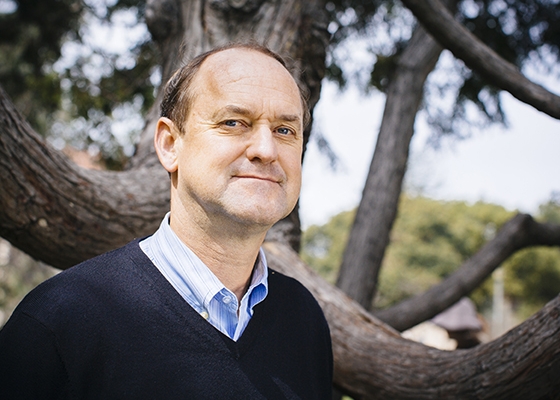David researches climate change impacts on biodiversity, integration of phylogenetics and ecology, and conservation biology in relation to 21st century climate change. For over ten years, he has been involved in data-intensive projects, for example integrating large datasets of phylogenetics and trait data, and handling large ensembles of future climate layers for modeling biodiversity impacts. Read more.
Speakers
Max Auffhammer
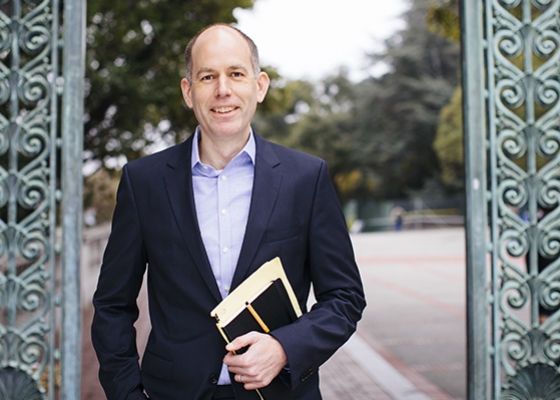
Max focuses on environmental and resource economics, energy economics and applied econometrics. He is a Research Associate at the National Bureau of Economic Research in the Energy and Environmental Economics group, a lead author for the Intergovernmental Panel on Climate Change (IPCC), and a Humboldt Fellow. Read more.
Alexandre Bayen

Alex’ research focuses on mobile sensing that relies on new and innovative ways to harness data from smart phones and connected wearables. His work has many exciting applications, including several that are related to energy and climate, traffic and mobility, as well as water monitoring. He is the Director of Berkeley’s Institute of Transportation Studies and has received numerous prestigious awards for his pathbreaking work. Read more.
Justin Brashares
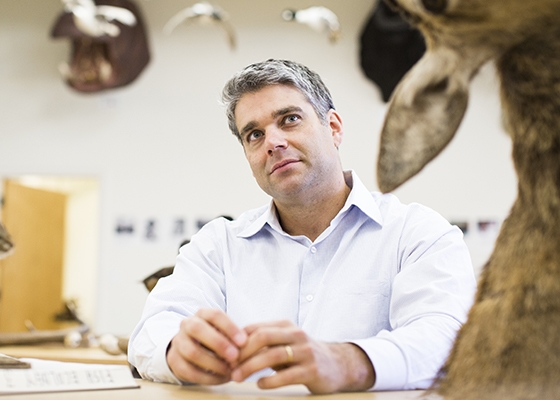
Justin's research centers on how consumption of wild animals and conversion of natural habitats affects the dynamics of animal communities and the persistence of populations. The work of his research group extends beyond traditional animal conservation to consider the economic, political, and cultural factors that drive, and are driven by, changes in wildlife abundance and diversity. Read more.
Bill Collins
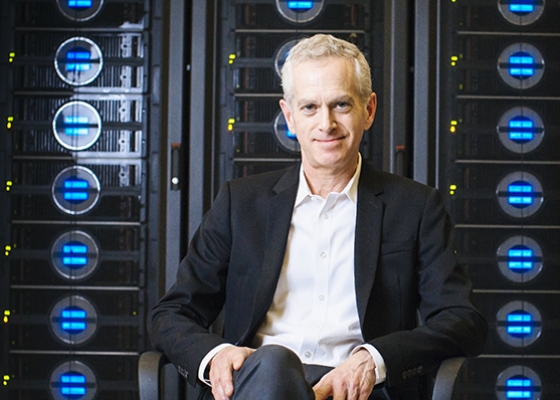
Bill is an internationally recognized expert in climate modeling and climate change science. He is the Director of the Climate Readiness Institute (CRI), a multi-campus initiative to prepare the Bay Area for climate change. He was a Lead Author on the Fourth Assessment of the Intergovernmental Panel on Climate Change (IPCC), for which the IPCC was awarded the 2007 Nobel Peace Prize, and is also a Lead Author on the Fifth IPCC Assessment. Read more.
Inez Fung

Inez develops and applies global numerical models to unravel the sources and sinks of carbon dioxide, methane, dust and other trace substances around the globe. She is on the science team of the satellite Orbiting Carbon Observatory-2, launched in July 2014, that measures the abundance of CO2 from space. A member of the National Academy of Sciences, she is a subject in the Academy’s recent biography series "Women's Adventures in Science." Read more.
Ashok Gadgil
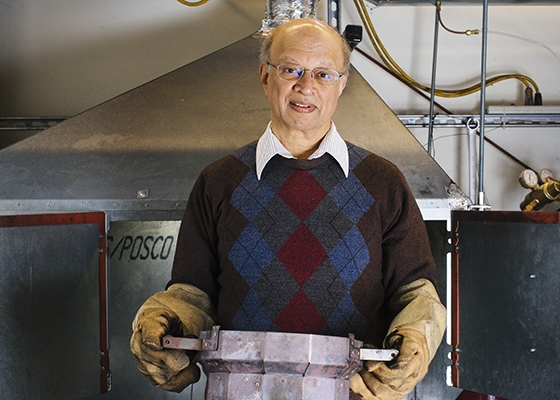
Ashok’s research ranges from computational fluid dynamics of indoor air and pollutant flows, building energy efficiency, and methods to treat drinking water to make it potable. He has developed groundbreaking technologies for the developing-world including, UV Waterworks, a simple, effective, and inexpensive water disinfection system, and the Berkeley-Darfur Stove, a low-cost stove that saves fuelwood in internally displaced person's camps in Darfur. Read more.
Rosemary Gillespie
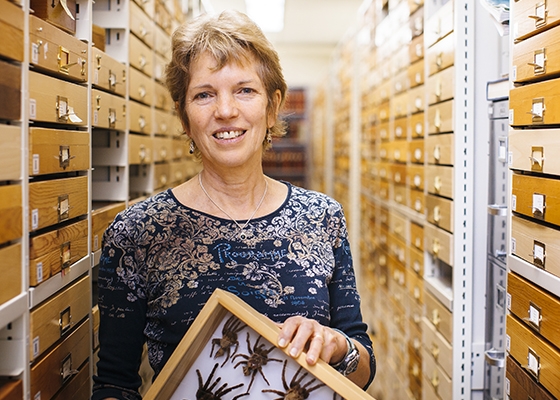
Rosemary’s research focuses on understanding evolutionary patterns and processes among populations and species with a focus on islands, particularly remote hotspot islands of the Pacific. Hotspot archipelagoes allow us to examine how communities have changed over time and thus gain insight into the nature of processes shaping communities over evolutionary time. These archipelagoes make it possible to visualize snapshots of evolutionary history. Read more.
Kristina Hill
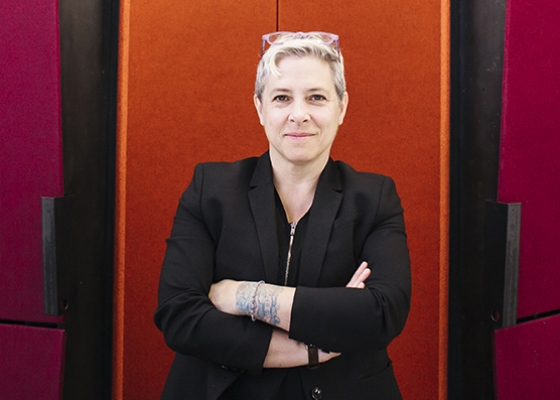
Kristina brings a knowledge of urban ecology and hydrology to urban design and social justice issues. Her primary area of work is adapting urban districts and shore zones to the new challenges of rapid sea level rise. She is working on a book proposing new ways of adapting urban waterfronts to climate change while addressing social justice and biodiversity protection. Read more.
Sol Hsiang
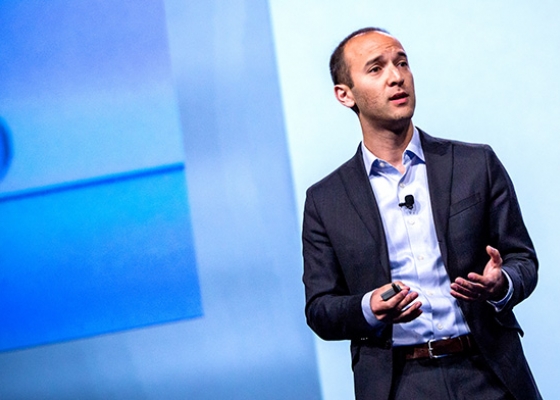
Sol combines data with mathematical models to understand how society and the environment influence one another. He focuses on how policy can encourage economic development while managing the global climate. Sol was Lead Economist for the 2014 report Economic Risks of Climate Change: An American Prospectus, the scientific analysis behind the Risky Business report published by Michael Bloomberg, Hank Paulson, Thomas Steyer and others. Read more.
Dan Kammen
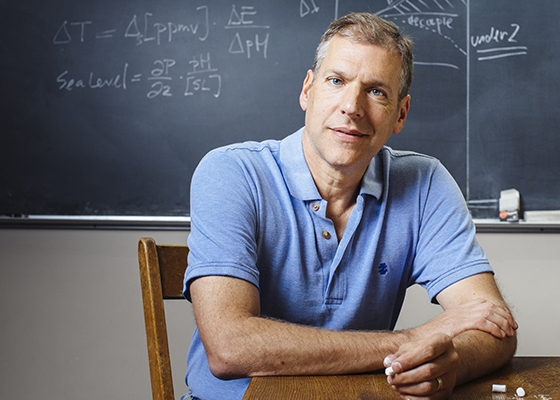
Dan directs research programs on energy supply, transmission, smart grid and low-carbon energy systems, life-cycle impacts of transportation options including electrified vehicles and land-use planning, and on energy for community development in Africa, Asia, and Latin America. He has served the State of California and US federal government in expert and advisory capacities. He’s appeared on 60 Minutes, Nova, Frontline, and hosted the six-part Discovery Channel series Ecopolis. Read more.
Michael Krasny
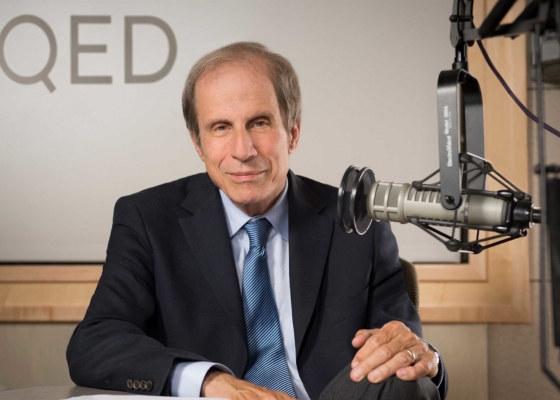
Michael is host of the award-winning KQED FORUM, a program featuring news and public affairs, current events, culture, health, business and technology. FORUM can be heard daily on Northern California’s public radio station, KQED, and enjoys world-wide distribution via NPR and iTunes. A recipient of numerous awards for his broadcast journalism, his reputation as one of the finest interviewers is enhanced by his creative work as an author and educator. Read more.
Claire Kremen

Claire is an ecologist who develops conservation and sustainable management plans, considering both protected areas and the working lands matrix around them. Her current research focuses on exploring the benefits, costs, and barriers to adoption of diversified farming systems, and on restoring pollination and pest control services in intensively farmed landscapes, using both predictive modeling and field studies. Read more.
Charles Marshall
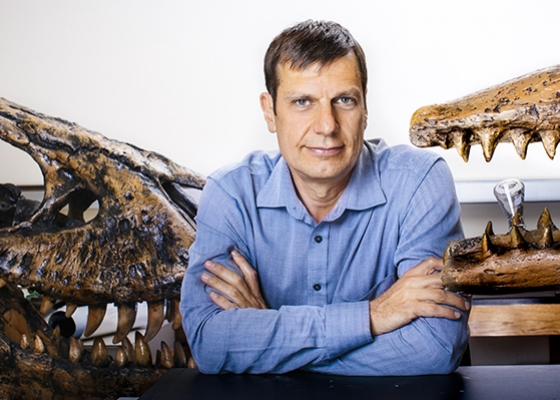
Charles is a paleobiologist interested in how paleontology can inform our understanding of the history of life, and the processes that have shaped it. His research takes advantage of data from the fossil record, molecular phylogenies, genomics, developmental biology, computer simulation, and functional studies. Read more.
Mary Ann Piette
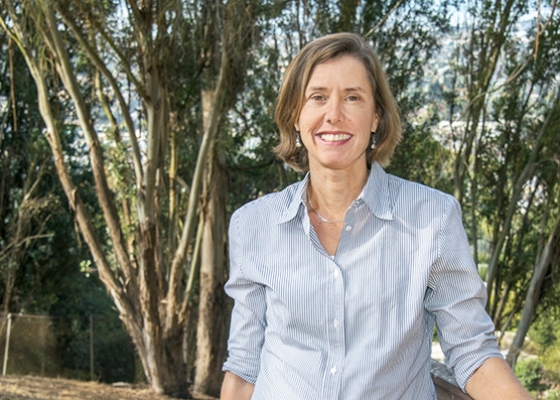
Mary Ann Piette is the Director of the Building Technology and Urban Systems Division and of the Demand Response Research Center at Berkeley Lab. She develops and evaluates low-energy technologies for buildings and has authored over 150 peer reviewed papers on efficiency. She specializes in dynamic integrated controls and responsive buildings for a clean, reliable and affordable electric grid. Read more.
Ravi Prasher
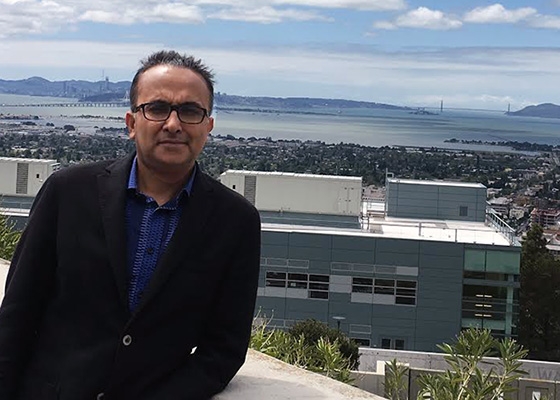
Ravi’s expertise is in energy science and technology, thermal management and nanotechnology. He is the Division Director of Energy Storage and Distributed Resources division at the Berkeley Lab. Previously, Ravi was the VP of product development of Sheetak Inc., a startup developing solid state thermoelectric energy converters. Ravi earlier worked as one of the first program directors at the Department of Energy’s ARPA-E effort. Read more.
David Sedlak
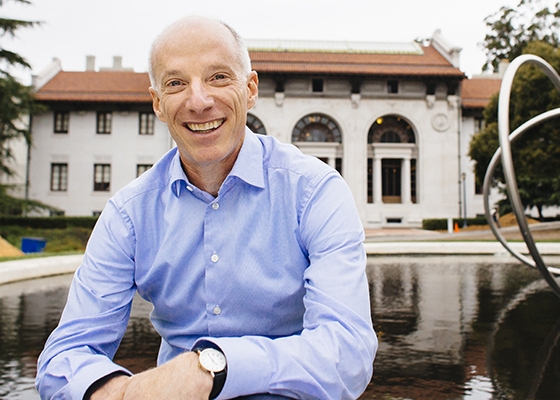
David's research focuses on the fate of chemical contaminants, with the long-term goal of developing cost-effective, safe, and sustainable systems to manage water resources. The author of Water 4.0, he is particularly interested in the development of local sources of water and develops new approaches for managing the urban water cycle. Read more.
Peidong Yang
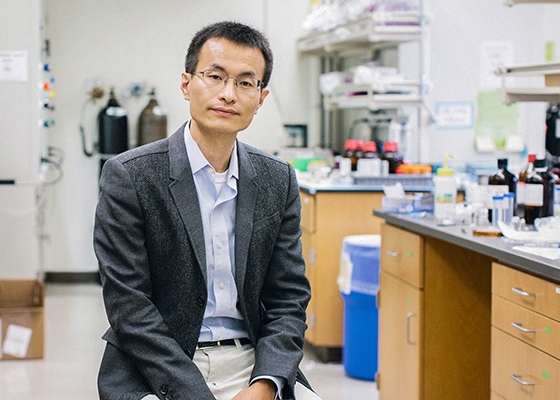
Peidong is an inorganic chemist transforming the field of semiconductor nanowires and nanowire photonics and enabling wide-ranging practical applications. He has led major breakthroughs in nanowire photonics over the last decade, from the initial development of nanowire lasers to the characterization of optical routing in nanowire assemblies and nanowire solar cells. Read more.

